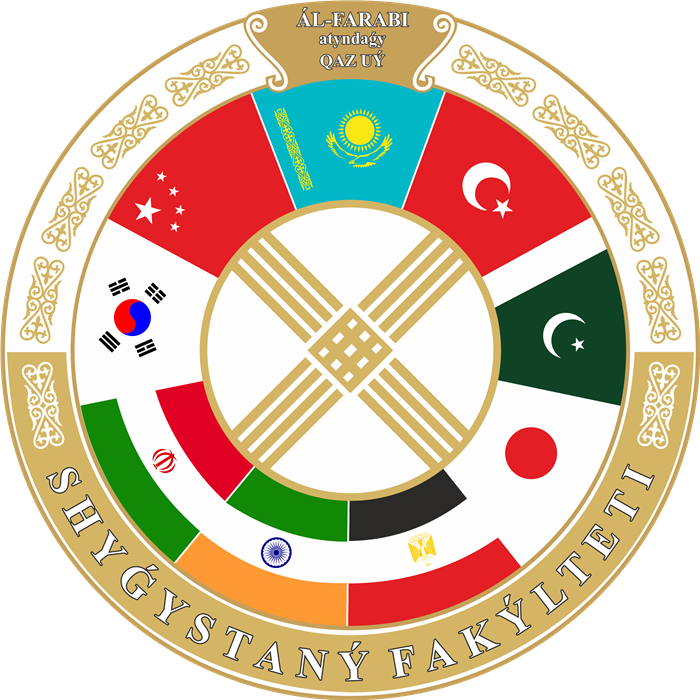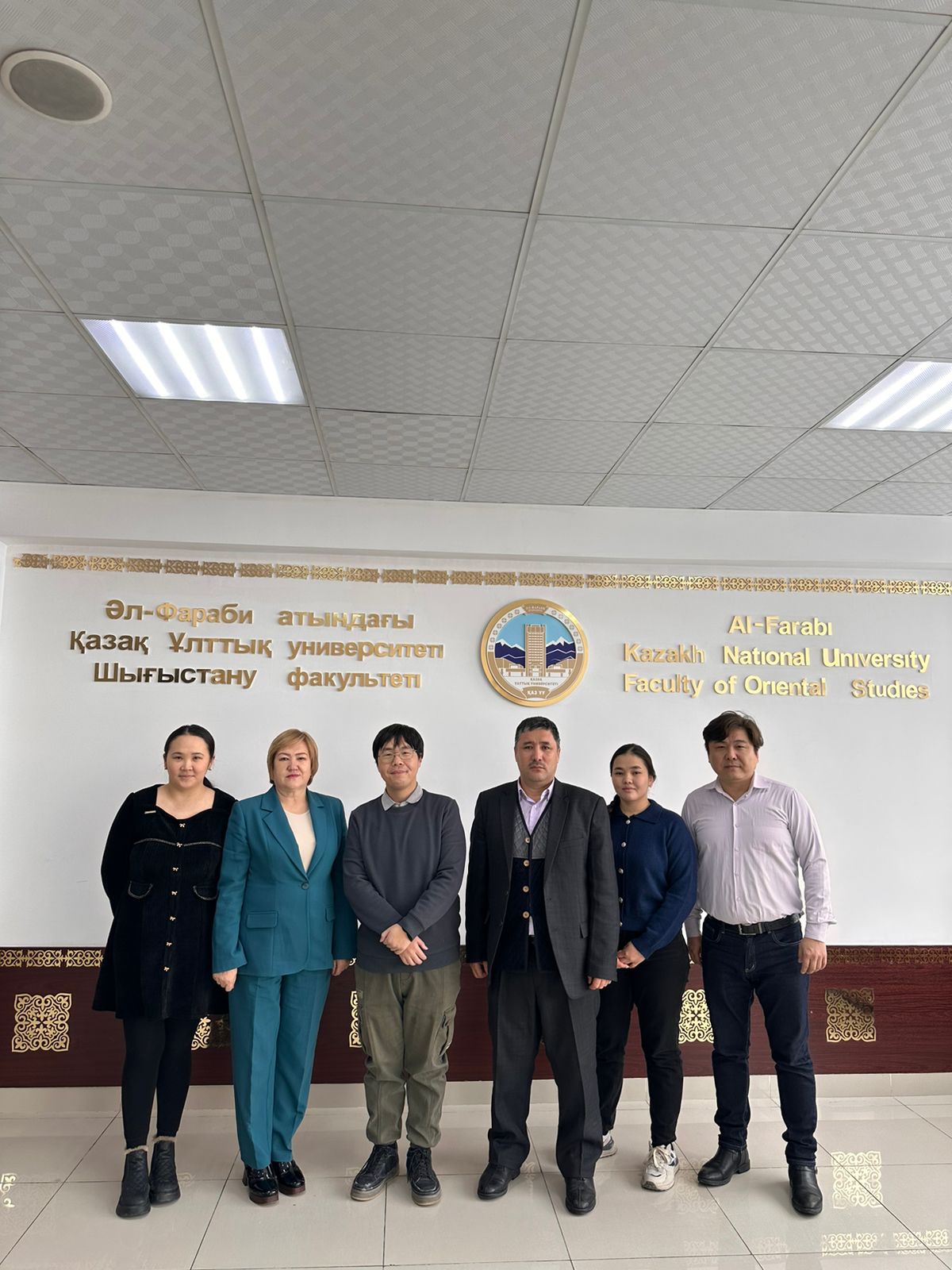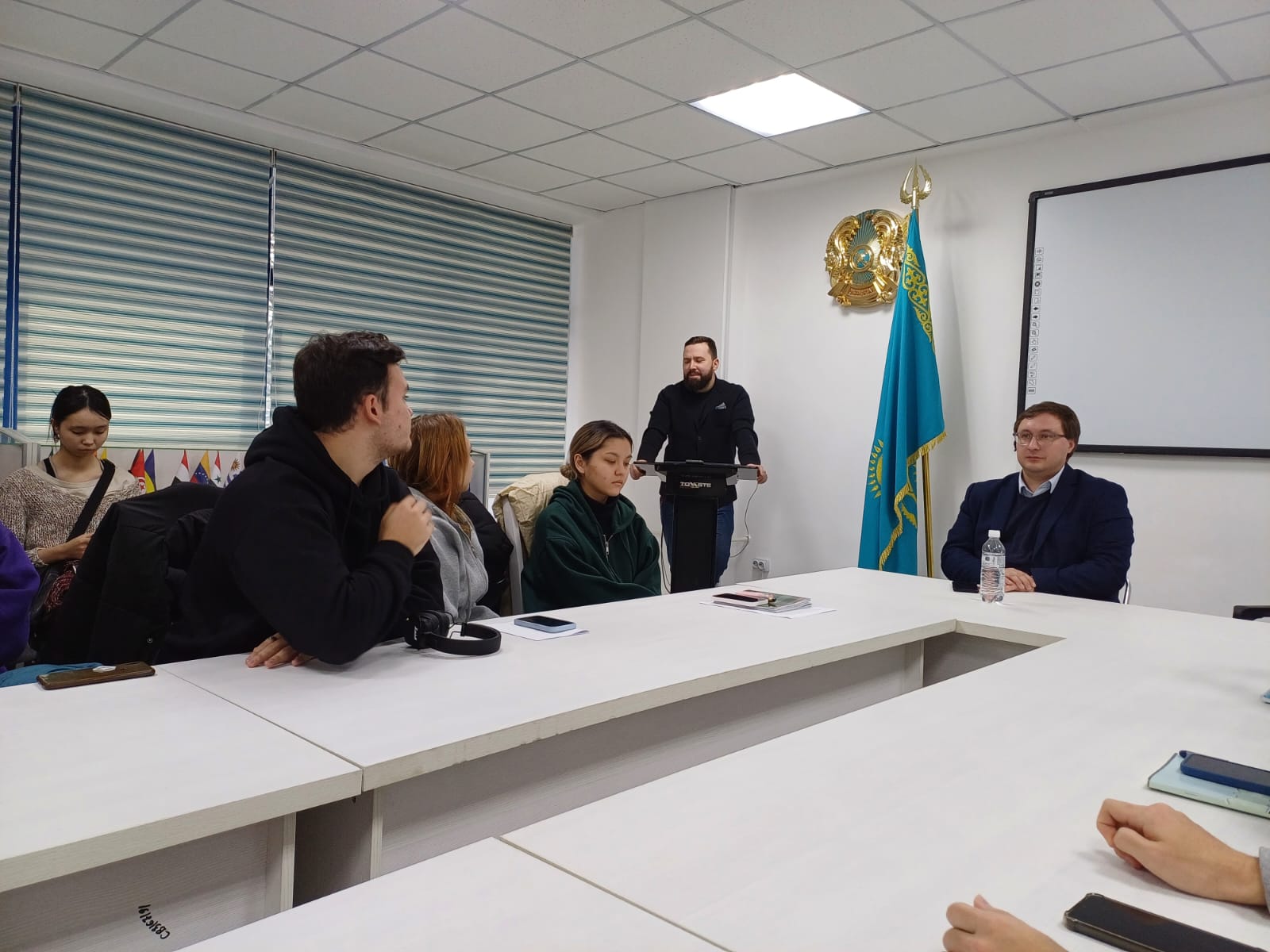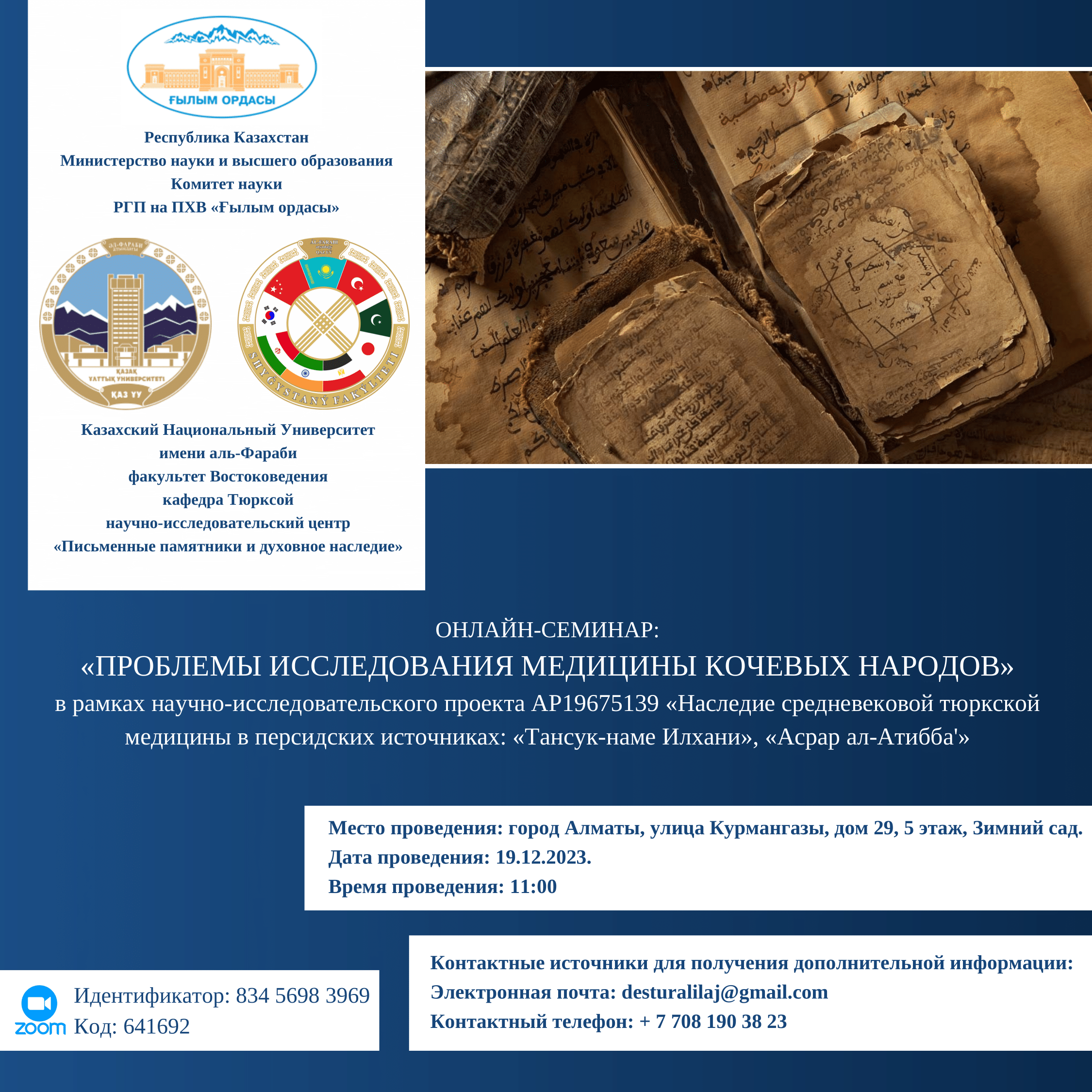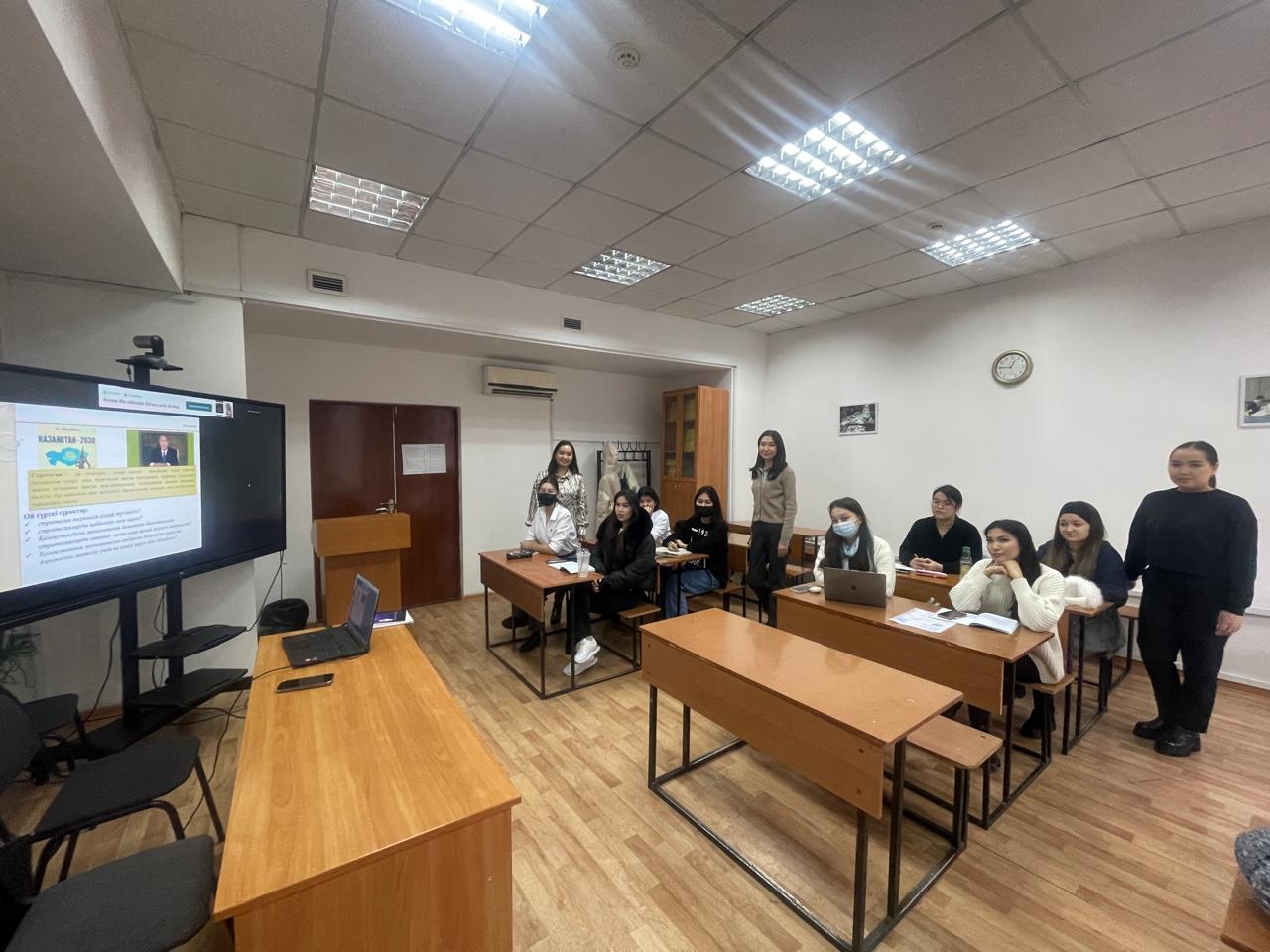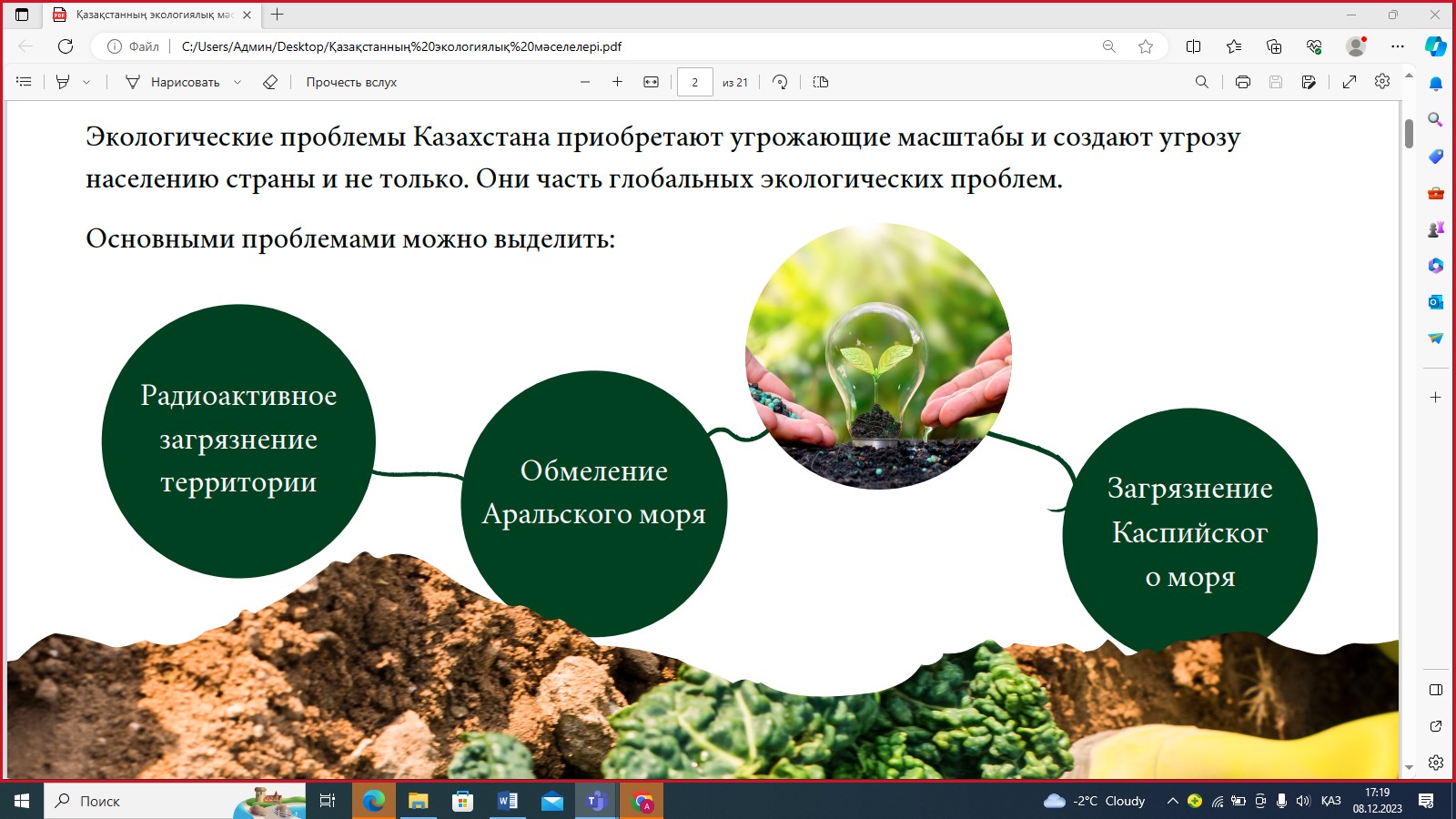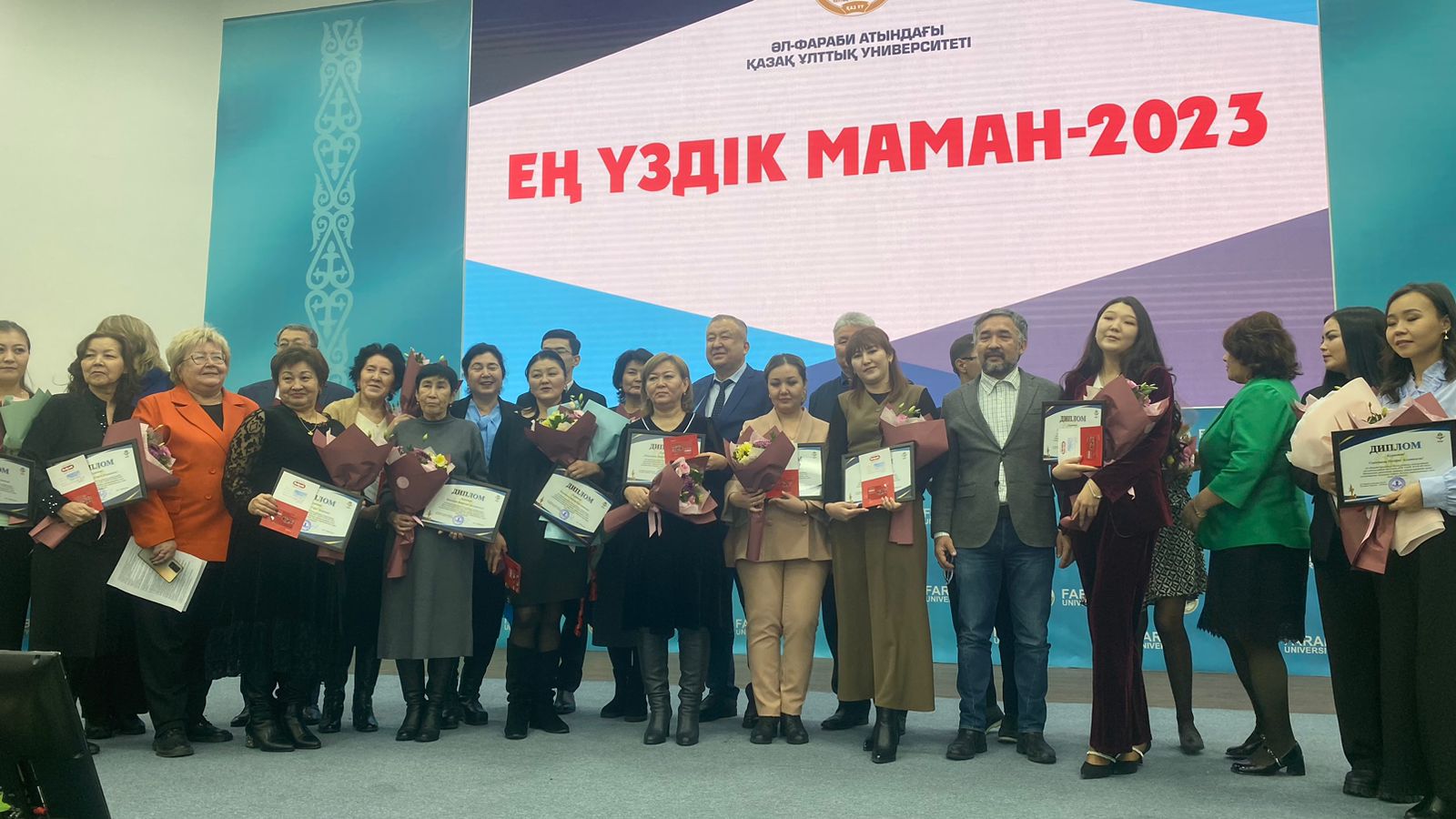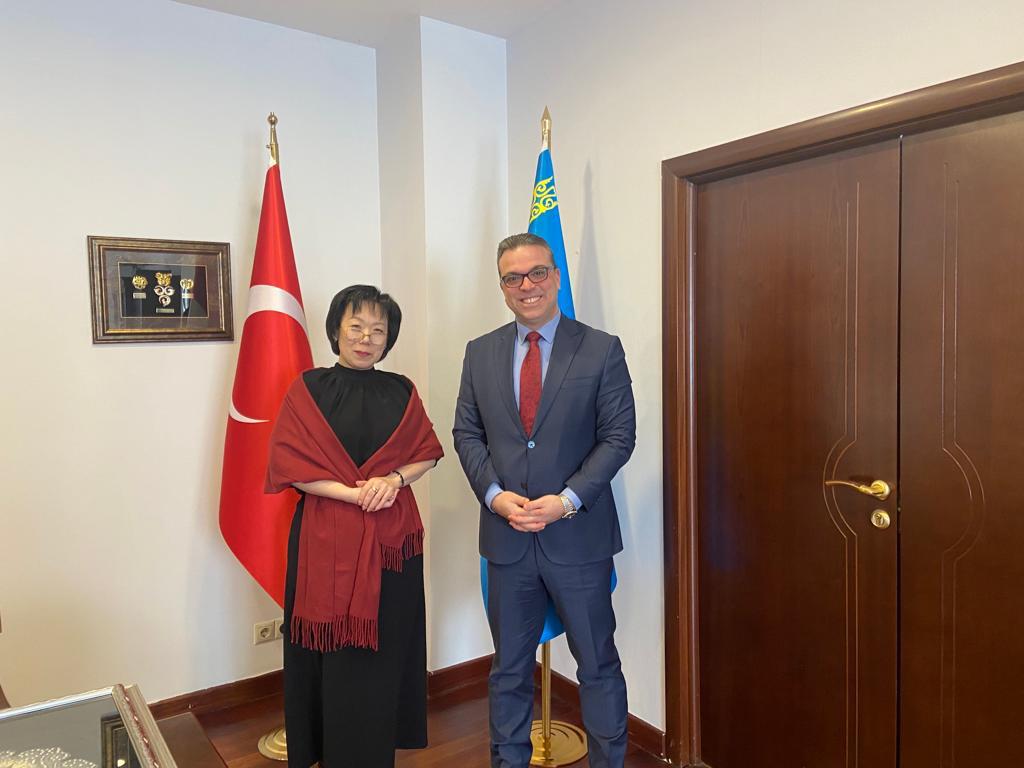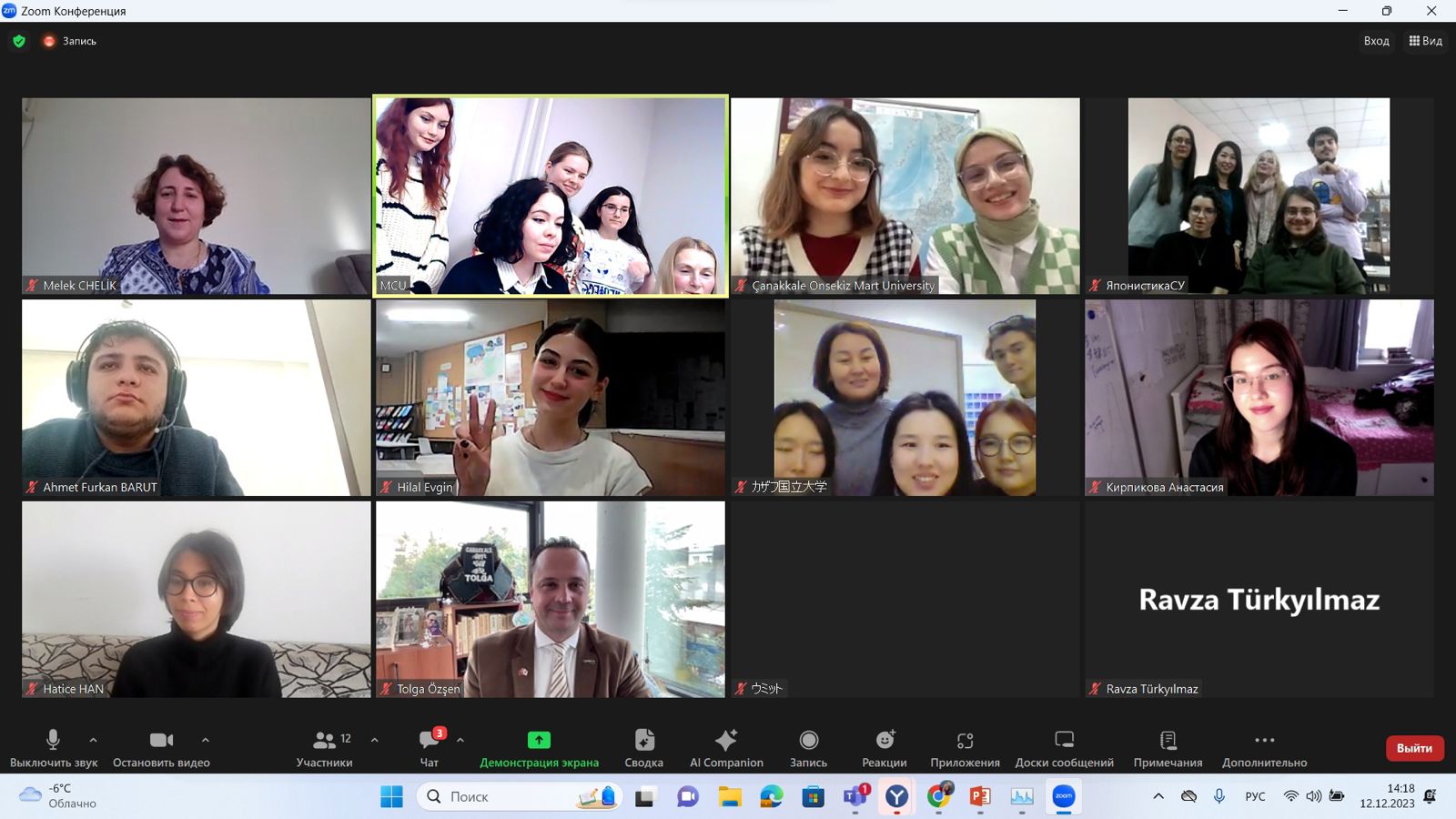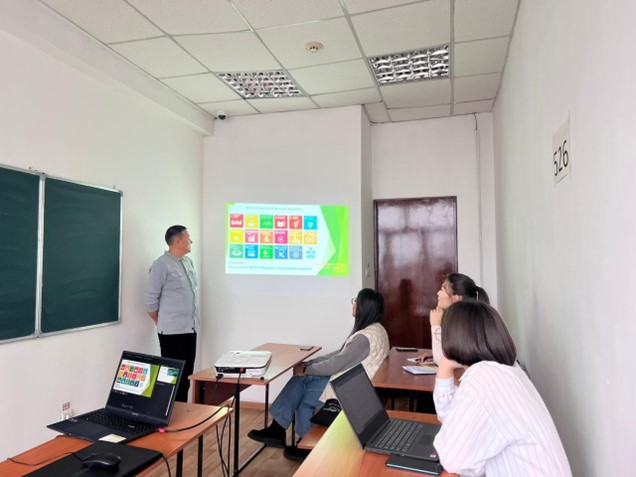Faculty of Oriental Studies
The primary goal of the Faculty of Oriental Studies is to train young specialists capable of profound and comprehensive study of the languages, history, culture, and literature of Eastern countries. These specialists are expected to possess scientific thinking, high intellectual potential, a creative approach, and an active civic stance. Oriental studies, as a field of knowledge, is distinguished by its multifaceted and interdisciplinary nature. Therefore, our mission goes beyond merely teaching language skills—we strive to develop students' ability to critically and holistically understand historical, cultural, and politico-diplomatic processes, as well as to foster independent research abilities and analytical thinking. The Faculty offers students opportunities to participate in international research and educational programs, academic exchange with leading universities worldwide, and to enhance their skills in conducting scholarly discourse in foreign languages. We fully support student engagement in research activities, the development of their individual creative potential, and their well-rounded growth across various areas of life. The Faculty of Oriental Studies is not only a center of professional education but also a major scientific and academic institution that integrates science and culture, aiming to unlock the intellectual and creative potential of its students. We are ready to welcome every young researcher with a passion for Oriental Studies and are confident that they will be able to fully realize their abilities and take a worthy place in the international academic community.
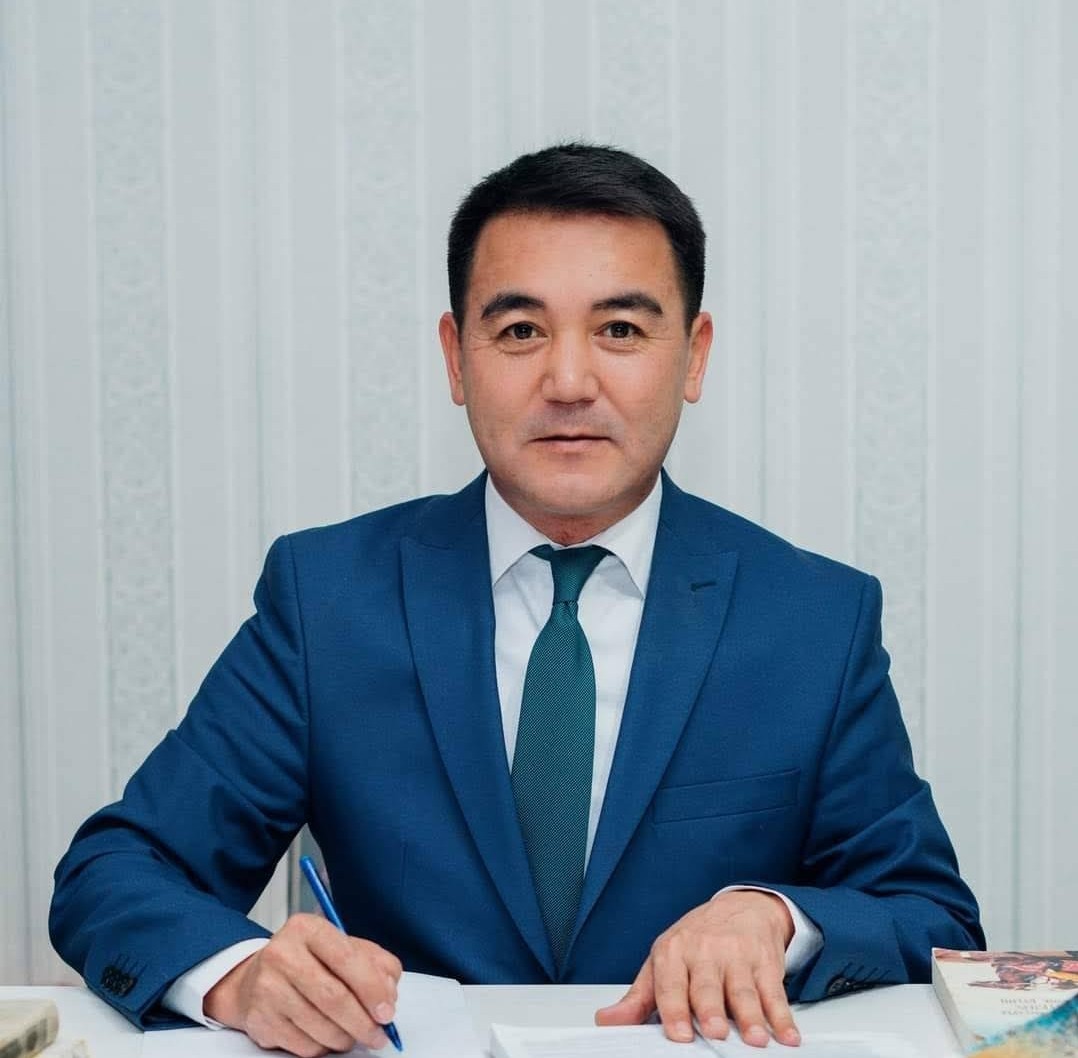
Faculty
The Faculty of Oriental Studies of Al-Farabi Kazakh National University, established on May 15, 1989, by a decree of the Government of the Kazakh Soviet Socialist Republic, has over time evolved into a leading academic and scientific center for the training of highly qualified specialists proficient in Eastern languages in the Republic of Kazakhstan.
The foundation of the faculty coincided with a historic period when the country was beginning its path toward sovereignty, establishing institutions of national independence, and building a system of foreign relations and diplomatic representation. During this time, the expansion of international contacts and the intensification of political, economic, and cultural ties with the countries of Asia and Africa created an acute demand for Oriental studies specialists.
The Faculty of Oriental Studies was created on the basis of the Departments of History of Asian and African Countries and the Arabic Language, with an initial focus on developing a systematic model for teaching Eastern languages and history. Over the nearly four decades of its existence, the faculty has become one of the key centers for Oriental studies in Kazakhstan, making a significant contribution to the development of the country's intellectual and diplomatic potential.
In its formative years, the faculty, as a young structural unit, faced a number of staffing and methodological challenges. Due to a shortage of qualified local specialists, graduates of Oriental Studies faculties from universities in Russia, Uzbekistan, and Tajikistan, as well as native speakers of Eastern languages—lecturers from abroad—were invited to work. As a result, from the very beginning, the faculty’s academic staff was multinational and multicultural in character. A significant number of the first graduates remained to work in the departments of the faculty, contributing to the formation of a new academic school.
The development of the Faculty of Oriental Studies progressed in parallel with the establishment of the Republic of Kazakhstan as an independent state. Despite the socio-economic and political transformations of the transition period, state authorities and the university administration paid special attention to strengthening the faculty’s educational and material base, increasing its scientific and academic potential, and expanding the library’s collection of specialized Oriental literature. This course of development was affirmed in the Resolution of the Council of Ministers of the Kazakh SSR dated April 9, 1990, which outlined measures to enhance the material and technical resources of the Faculty of Oriental Studies of S. M. Kirov Kazakh State University.
Today, the Faculty of Oriental Studies is recognized as a major scientific center that has laid the institutional foundation of the Kazakh school of Oriental studies and is actively engaged in education, scientific research, and cultural-humanitarian cooperation in accordance with international standards.
FACULTY DEANS
Bachelor's degree programs
High-quality training of specialist translators who are fluent in their native and foreign eastern languages. Formation of the personality of a specialist capable of demonstrating interlingual and intercultural communication through the provision of services in the field of translation and interpretation.
Upon completion of this program, it is expected that undergraduates will be able to: ON1) integrate various forms of communicative-speech activity (oral, written and extralinguistic) in foreign languages in the course of professional and general cultural communication; ON2) differentiate the hierarchy of the language system using phonetic, morphological and syntactic analysis, as well as interpreting the role of language as an integral systemic functional formation; ON3) work with texts in foreign (oriental) language of various genre and stylistic directions; ON4) classify the basic concepts in the field of theory and history of world literature, as well as the literature of the country of the target language based on modern methods and approaches; ON5) differentiate the stages of the literary process in the country of the studied language; to argue the artistic meaning and originality of a literary work in connection with the social situation and culture of the era; ON6) carry out a comprehensive analysis of literary works in the target language from the standpoint of ideological and thematic content, genre and plot-compositional features, style and poetics; ON7) critically analyze materials of foreign language media of an official and other nature; conduct business correspondence; arrange a protocol event; ON8) characterize from a scientific point of view the socio-historical and spiritual-philosophical experience of Kazakhstan and the country of the studied language, assessing the contribution of the achievements of their cultures to the common human civilization; ON9) to use the latest achievements in the field of foreign (oriental) philology in scientific research of language and speech, the social nature of language and its role in the modern multicultural world; ON10) to lead a discussion, defining their own position in relation to the facts of language, literature and culture; create scientific essays, reports, abstracts, reviews; ON11) solve various problems of professional activity using innovative technologies; work with computer translation programs, electronic dictionaries; ON12) carry out interpersonal communication in a foreign language environment, tolerantly perceiving social, ethnic, confessional and cultural difference; ON13) carry out activities in the legal, environmental and business sphere in compliance with the norms of the republican and international legislation.
The purpose of the program is the preparation of highly qualified, competitive specialists in the field of oriental studies: - who evaluating the surrounding reality on the basis of ideological, moral and civil positions; - perfectly proficient, corresponding to international requirements and in demand on the modern labor market; - capable of analyzing the current socio-political and economic situation in the Eastern countries, seeing and forecasting the prospects for its development; - who knows the general course of historical, political, socio-economic and national cultural processes development in the Eastern countries; - Fluently speaking studied eastern country’s languages, as well as Russian, Kazakh, English; - capable of carrying out organizational and managerial activities; - using various types of information and communication technologies; - forming a personal educational trajectory.
The purpose of the educational program is the high-quality training of highly qualified, competitive oriental specialists for work in government agencies, authorities, international organizations, analytics, business, the non-profit sector and in educational organizations.
High-quality training of specialists with higher professional education in the scientific and educational fields with broad critical knowledge of relevant modern developments in the field of regional studies and a high level of general and professional culture. The program is aimed at forming the personality of a specialist, an expert who is able to analyze the current socio-political and economic situation in the regions (South Asia and Southeast Asia)
Master's degree educational programs
The purpose of the educational program is to train competitive specialists with a complex of systemic knowledge, able to generate new approaches in the field of translation studies, comply with communicative, ethical standards and perform the professional functions of a translator in the work of international, national, public, private organizations.
The purpose of the educational program - qualitative training of specialists-philologists for scientific and educational sphere with knowledge of oriental languages.
The purpose of the educational program is the effective training of specialists in the scientific and educational spheres with a broad critical vision of modern development in the field of Oriental Studies and a high level of general and professional culture. The program is aimed at forming the personality of an orientalist who is able to analyze the current socio-political, economic and cultural situation in the countries of the East in methodological, theoretical and practical dimensions.
High-quality training of specialists with higher professional education for the scientific and educational sphere with a broad critical knowledge of relevant modern developments in the field of regional studies and a high level of general and professional culture.
Qualitative training of competitive philologists with a high level of knowledge of the Turkish language in the field of Science and education.
The purpose of the educational program. The goal of the educational program is to prepare highly qualified specialists with a deep knowledge of linguistic structures and the ability to study and analyze linguistic phenomena, combined with a broad understanding of the cultural contexts of the Eastern language. The program is aimed at developing critical thinking, cultural literacy and intercultural competence among undergraduates so that they can successfully adapt and interact effectively in diverse linguistic and cultural societies, engage in research activities in the field of Eastern languages and cultures, encouraging innovative approaches to the study and understanding of intercultural relationships.
Educational programs of doctoral studies
The goal of the program is to prepare highly qualified and competitive specialists in the field of translation science who are able to carry out professional activities in the field of translation theory and practice based on an understanding of the social, cultural, national characteristics inherent in the East countries and Kazakhstan. Provide doctoral students with a quality education that allows them to fully realize their professional and human potential, make a worthy contribution to the development of a multinational, multicultural, pluralistic Kazakhstani society and to the significant progress of domestic science. The educational program is aimed at training scientific personnel capable of developing domestic translation science through in-depth basic research in the field of translation theory and practice, as well as in the study of culture and linguistics. Namely, the identification of the semantic modeling rules of translation, reflecting and explaining the experience of linguistic translation models related to the linguistic picture of the world. The training of highly qualified translation personnel who successfully solve professional problems is becoming one of the priority strategies of the state in the development of modern linguistic education.
The purpose of the educational program – quality training of highly qualified specialists in the field of Oriental language and literature.
The aim of the educational program is to prepare highly qualified and competitive specialists in the field of Oriental Studies, who are able to understand the social, cultural, political and economic challenges relevant to the countries of the East and Kazakhstan, as well as to study ways to solve the main problems faced by these countries, carrying out independent scientific research based on an in-depth study of theoretical material, choice of methodology with a projection on the development of current trends in oriental science.
Educational programs
Bachelor's degree: Almaty, PR. Al-Farabi, 71
SKO"Керемет"
Phone: +7 727 377-33-33
Intramuscular: 17-88
Master's and doctoral programs: Almaty, PR. Al-Farabi, 71
SKO"Керемет"
Phone: +7 727 377-33-33
Intramuscular: 17-88
